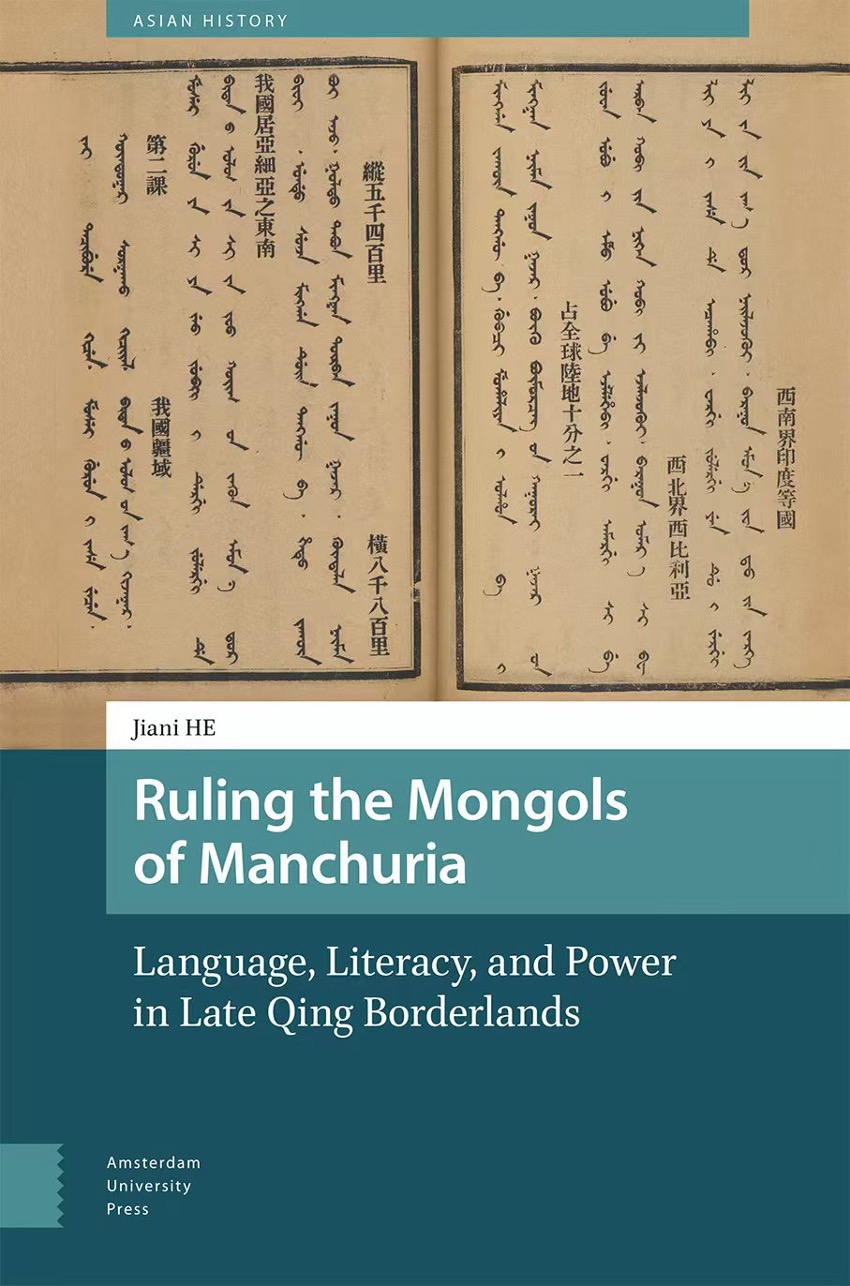
Author: Jiani He
Publisher: Amsterdam University Press, 2025
Abstract
At the turn of the twentieth century, the Jirim League became a linguistic battleground among Manchu, Mongol, Chinese, Japanese, and Russian influences. The Qing Empire promoted a trilingual education system aimed at enhancing the Jirim Mongols’ literacy in Chinese, Manchu, and Mongolian. This policy sought to transform loyal imperial subjects into modern patriotic citizens, integrating them into a unified China governed under a Manchu constitutional monarchy.
This book examines the late Qing language policy as a response to enduring multilingual legacies in governance and daily life, increasing local ethnic tensions, cross-border interactions, imperial competition, and emerging concepts of nationhood, the modern state, and international relations in East Asia. Challenging the conventional narrative of Chinese language reform as a linear path toward national monolingualism, this study highlights the strategic power of multilingualism in nationalist discourse from a peripheral, non-Han perspective and interrogates the dominance of national languages in shaping historical narratives.
Author Biography
Jiani He is an Assistant Professor at the School of International Studies, Peking University. Her primary research interests include borderland studies and the history of China’s foreign relations. She leads several national research projects, including the National Social Science Fund Youth Project titled “Language and Script Reforms in the Late Qing Borderlands and the Construction of the Chinese National Community.”